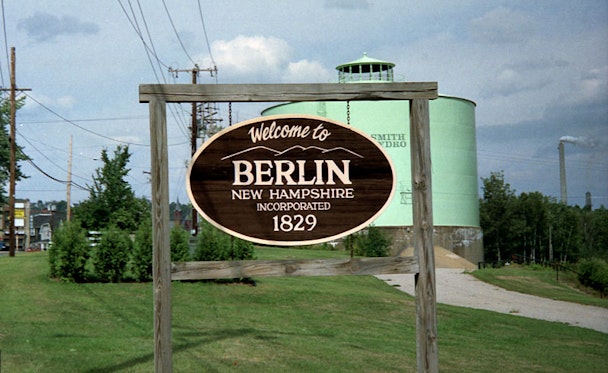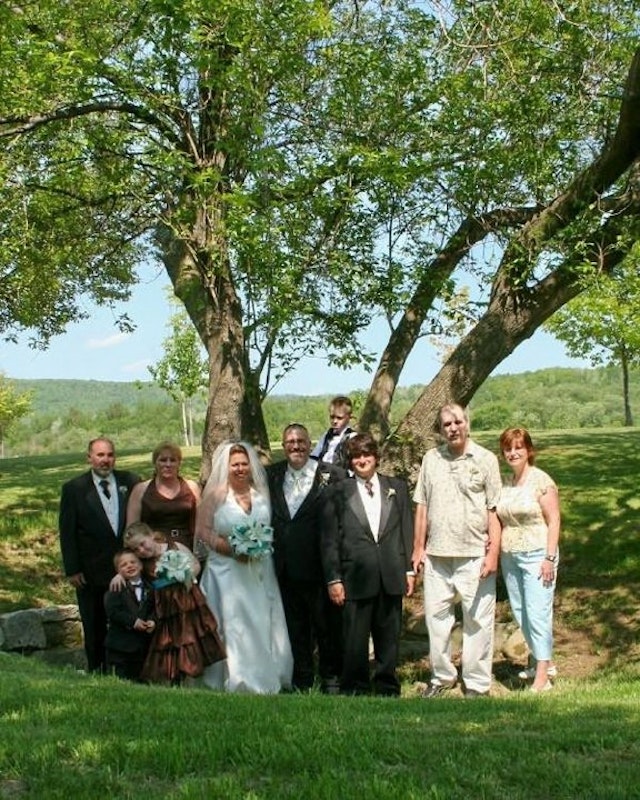If you want a truly diverse workforce, look for talent beyond the city
Two hours from any major city lies a town where Lyft remains mostly unheard of. Public transportation runs in the form of a single oversized van on a well-worn route from hospital to medical office to the one big box store. Fresh produce is only available when grown in one’s own backyard three months out of the year.

Welcome to Berlin, New Hampshire, a run-down town where property taxes are almost as high as opioid use and unemployment rates. It’s a sad state of affairs around here but for one reason or another, some of us are trapped -- tethered by a sense of home, our families, and a love for the great outdoors.
It wasn’t always this way: Berlin was once a bustling mill town and shopping destination that drew visitors from all over New England and Canada. Eventually, when the paper mills began to close their doors, so too did the area’s other large employers, including a steel factory and the place where little tree-shaped air fresheners were made. With the loss of so many jobs, the local economy took a sharp hit.
And yet, my husband and I prospered. In a crumbling community, life was pretty good for us back in the beginning of 2011. I was the director of research at a PR measurement firm and he was a case manager at a correctional facility. We both also worked as adjunct professors at the local community college. We didn’t have the white picket fence, but with two brand new vehicles, a nice boat and happy, healthy, well-dressed kids, we had what we needed to survive (and thrive) the long, cold winters in the great north woods.
But, by the end of 2011, tragedy struck.
We lost our home and all of our belongings in a house fire. Ten days later my employer asked me to step down to an entry-level position at the company when I canceled a client call to meet with an insurance adjuster in a mad-dash scramble to find and finance a roof to put over the heads of my family.
Though it seemed particularly cruel at the time and made no sense to me, I found out months later that they were having financial issues. I quit instead, and through an unlikely relationship developed over Twitter, began consulting on social media, content management and research.
Two months later, my husband, struggling from service-related PTSD and anxiety, resigned from his job in search of a change. He was confident that he would quickly find new work thanks to his experience and education – a master’s in organizational management and leadership, coupled with a decade of case management and nearly two decades of behavioral science work in the army.

Except, he didn’t. It took him six months to finally find a new job, which required a 45-minute commute from home and a second shift working every other weekend – all for $8 an hour.
Meanwhile, our adjunct professor contracts began to thin as the local economy continued to dive deep into a depression, even as my freelancing efforts continued to grow.
But within five years I found myself earning enough to keep my head above water without the need to sacrifice 80+ hours per week in an office. And I did it all from home, sometimes in my pajamas, and always without the need for childcare. I was able to attend school meetings and take my kids to doctors’ appointments as needed, while continuing to grow my consulting business.
Financial success for us would have been much easier to achieve if we had just packed up our family, dropped our master’s degrees into our briefcases and headed to the city. But our family was here, and we were not ready to leave them and these beautiful mountains behind just yet.
Although challenging, finding opportunities to work remotely isn’t really the problem. If you’re good at what you do, if you deliver, the power of word-of-mouth referrals is strong. The bigger struggle – and perhaps the biggest struggle of them all – is overcoming the unspoken, though ever-present bias that I’m not as smart, agile, well-educated, refined or culturally adept as my big-city peers.
As it turns out, the stigma associated with being from a rural area is a higher mountain to climb than Mount Washington.
In my work as director of certification at The 3% Movement, I often hear agencies bemoaning their lack of diversity and that they can’t find good diverse candidates.
But diverse talent pools are deeper and wider than what many agencies may assume. And with the dramatic technological changes we are experiencing in our workplaces, hiring diverse candidates may mean looking beyond the geography of your own biases.
In fact, the solution may be found in the great north woods, Appalachia, the South, or some other place left behind by the American Dream.
Erica Buteau is director of 3% Certification for The 3% Movement. She tweets at @ericabuteau.
